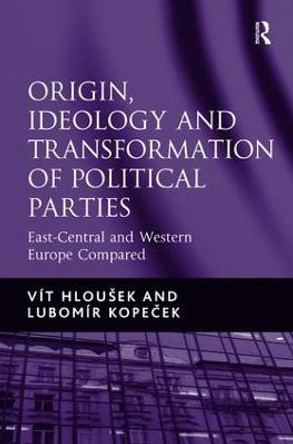Can property regimes be successfully transformed while simultaneously extending citizenship rights to the property-less? This is the postsocialist challenge analyzed in this comparative study of the new democracies of a distinctly East European capitalism. Tracing the diverse pathways from the collapse of communism, a leading American economic sociologist and a pioneering Hungarian political scientist examine the innovative character, born of necessity, of postsocialist institutions in which actors are recombining economic assets and redefining political resources. Under conditions of extraordinary uncertainty, networks of enterprises become the units of economic restructuring, blurring the boundaries of public and private and yielding distinctive patterns of interorganizational ownership. In contrast to calls to liberate the market or to liberate the state, this sustained comparative analysis demonstrates the benefits of deliberative institutions that are neither market friendly nor hierarchical. By extending accountability, actors bound through associative ties make agreements that extend the authority to carry out reforms.
This book, first published in 1998, analyzes democratization and economic change in the postsocialist societies of East Central Europe.Reviews' ... this book makes a major contribution to our understanding of post-socialist political and economic transformation.' Political Studies
Book InformationISBN 9780521580359
Author David StarkFormat Hardback
Page Count 298
Imprint Cambridge University PressPublisher Cambridge University Press
Weight(grams) 570g
Dimensions(mm) 229mm * 152mm * 17mm








